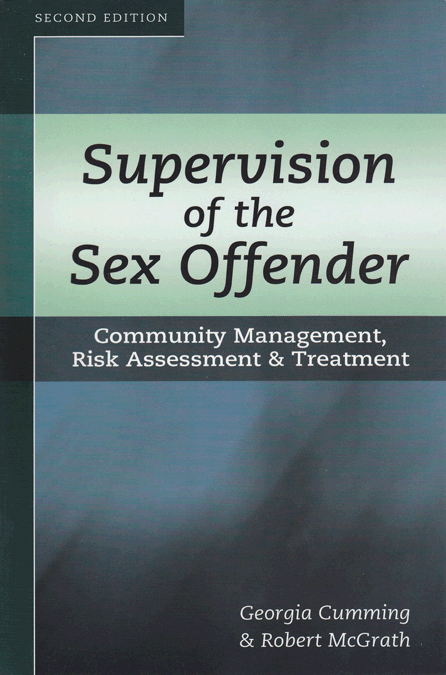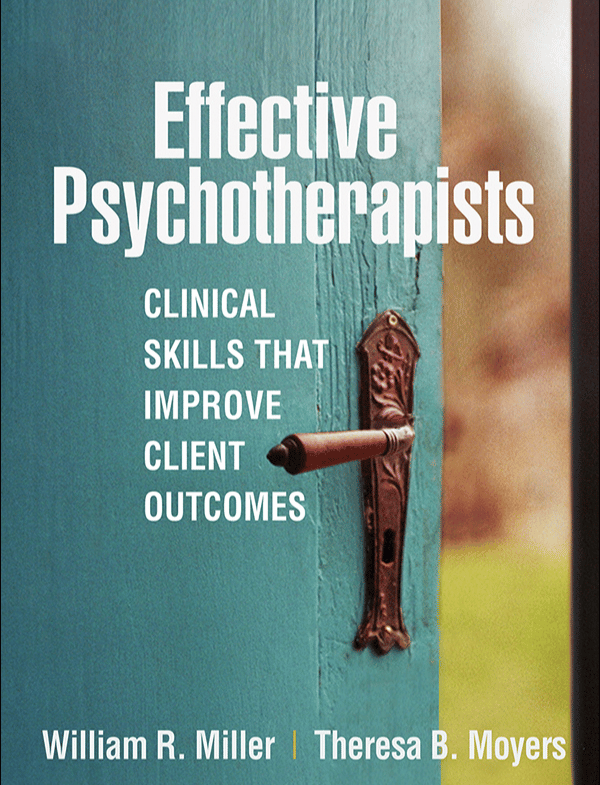Home / Shop / Online Trainings / Trainings
Live Online Training - Navigating the Challenges of Supervising Professionals Treating Sexual Aggression

- Description
Date: Friday, January 10, 2025
Time: 11:00 am – 2:15 pm (ET) /
8:00 am – 11:15 am (PT)
Format: Live interactive training offered via Zoom
Presented by: Shoshanna Must, PhD (Bio Here) and David Prescott, LICSW, ATSA-F (Bio Here)
CE Eligibility: Psychology
You must attend the entire live training to be eligible for CE credits. The evaluation is optional, and you can remain anonymous.
Online Training Description:
This is an expanded version of a previously offered training, offering more time for discussion of common supervision scenarios.
Clinical supervision is a crucial component in the field of psychotherapy. It can involve educating newer clinicians on methods and models, helping them improve their practice in different directions, providing support and encouragement, and helping supervisees manage the inevitable reactions they have to clients’ historical behaviors.
Yet many clinicians ascend to the role of supervisor based primarily on their clinical experience rather than specific supervisory training. This is particularly relevant in the specialized area of treating victims and perpetrators of sexual abuse, where ethical considerations and professional boundaries frequently present complex challenges.
 In this training, Dr. Must and Mr. Prescott begin by reviewing research on clinician development over time, offering insights on key aspects of effective clinical supervision with both novice and experienced clinicians. The presenters discuss:
In this training, Dr. Must and Mr. Prescott begin by reviewing research on clinician development over time, offering insights on key aspects of effective clinical supervision with both novice and experienced clinicians. The presenters discuss:
- Common challenges that emerge in clinical supervision of professionals treating sexual aggression
- Integrating motivational interviewing to enhance the supervisory process at all stages of professional growth
- Identifying specific skills for various clinical challenges (for example, starting a session, responding to negative emotions, introducing lesson material)
- Using feedback-informed treatment to inform supervision as well as treatment processes and client outcome
- Addressing barriers to professional development, including self-assessment bias
- The qualities of effective professionals and those who make significant improvements
- Activities for use in supervision sessions
The training also focuses on supervisory approaches to guiding clinicians through the process of supporting clients through various stages of change. For example, newer clinicians may face challenges with “imposter syndrome,” while more experienced practitioners may be more reluctant to ask for help. Additionally, the training addresses techniques for fostering supervisee compassion when working with clients who can be difficult to work with. Dr. Must and Mr. Prescott use role plays to demonstrate skills, with a particular emphasis on leveraging feedback to improve the clinical supervision experience.
Dr. Must and Mr. Prescott’s training provides supervisors with the tools and knowledge necessary to excel in their roles within the field, ultimately contributing to improved client care and clinician development.
As a result of this training, participants will be able to:
1) Describe common supervisory themes when working with people who have sexually abused
2) Elicit supervisee feedback to keep supervision on track
3) Use motivational interviewing skills to explore and resolve supervisee ambivalence
4) Use the stages of change model can be employed in clinical supervision
5) Explain how to stay focused on the goal of client change and avoid collusion with frustrated clinicians
Interactive Follow-Up Meeting
Attendees are invited to join an open discussion 15 minutes following the end of the training, where you can engage with fellow attendees by turning on your camera and microphone. This is an opportunity to share your experiences and contribute to a meaningful exchange of ideas. Time will be allocated to address questions or insights from the training. Please note that attendance is optional and will not affect your eligibility for a training certificate.
We can refund your training fee up to 24 hours prior to the start of the training.
To view all training details and review our list of frequently asked questions, please click here to visit the promotional page.





